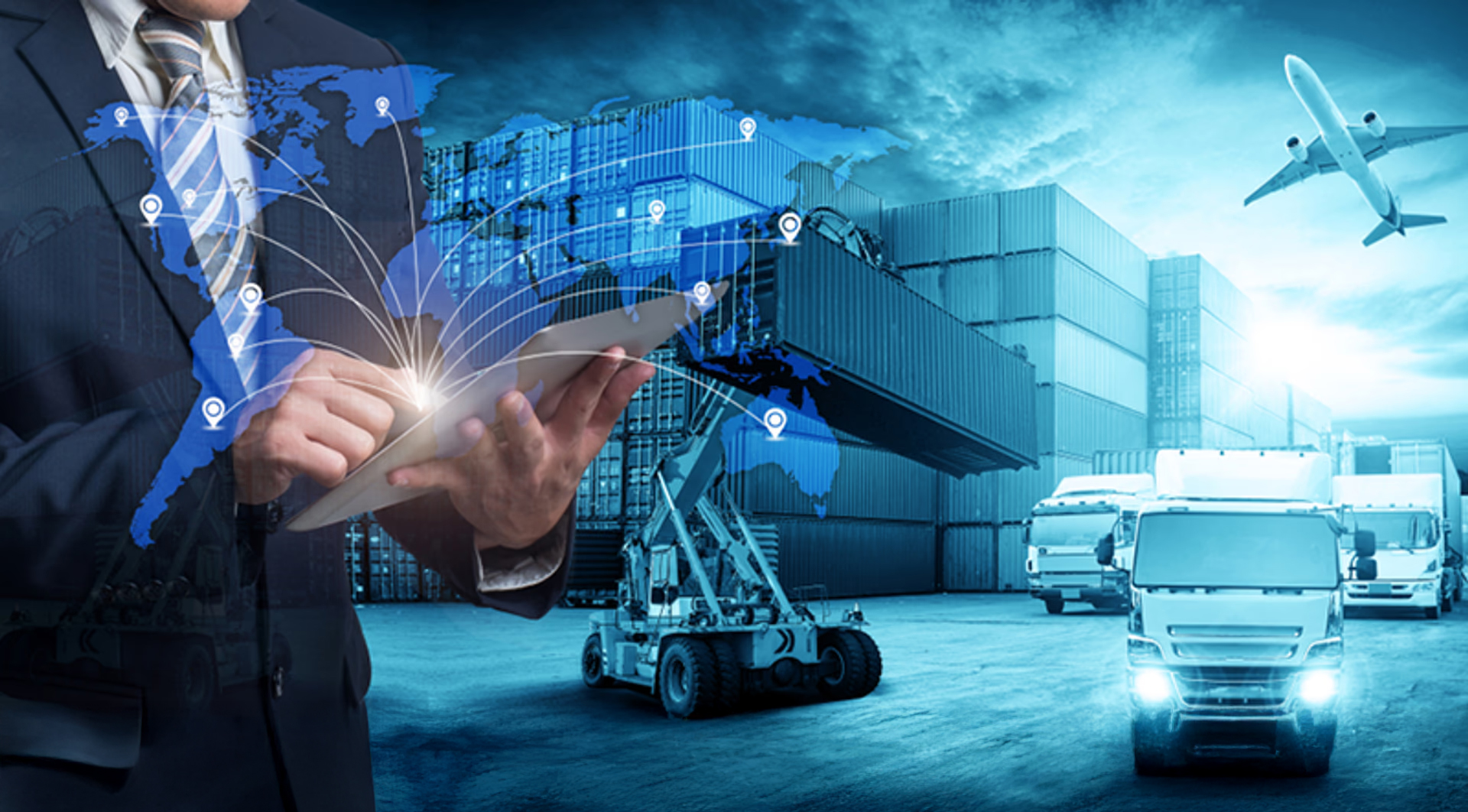
India’s transport and EXIM (Export-Import) sector is undergoing a monumental shift. As one of the world's fastest-growing economies with a rapidly expanding logistics network, India is embracing technological innovation like never before.
Read Article

In the push toward sustainability, understanding Scope emissions is essential—especially for businesses in the logistics and supply chain sectors; as it is among top polluting industries of the world. Scope emissions are a type of emissions that an organisation creates for its own operations. As the Greenhouse Gas Protocol itself puts it: “Developing a full [greenhouse gas] emissions inventory – incorporating Scope 1, Scope 2 and Scope 3 emissions – enables companies to understand their full value chain emissions and focus their efforts on the greatest reduction opportunities”.
Read Article

Want to reduce your logistics-related carbon emissions? Learn five practical and effective ways your business can lower its carbon footprint and support green supply chain practices.
Read Article
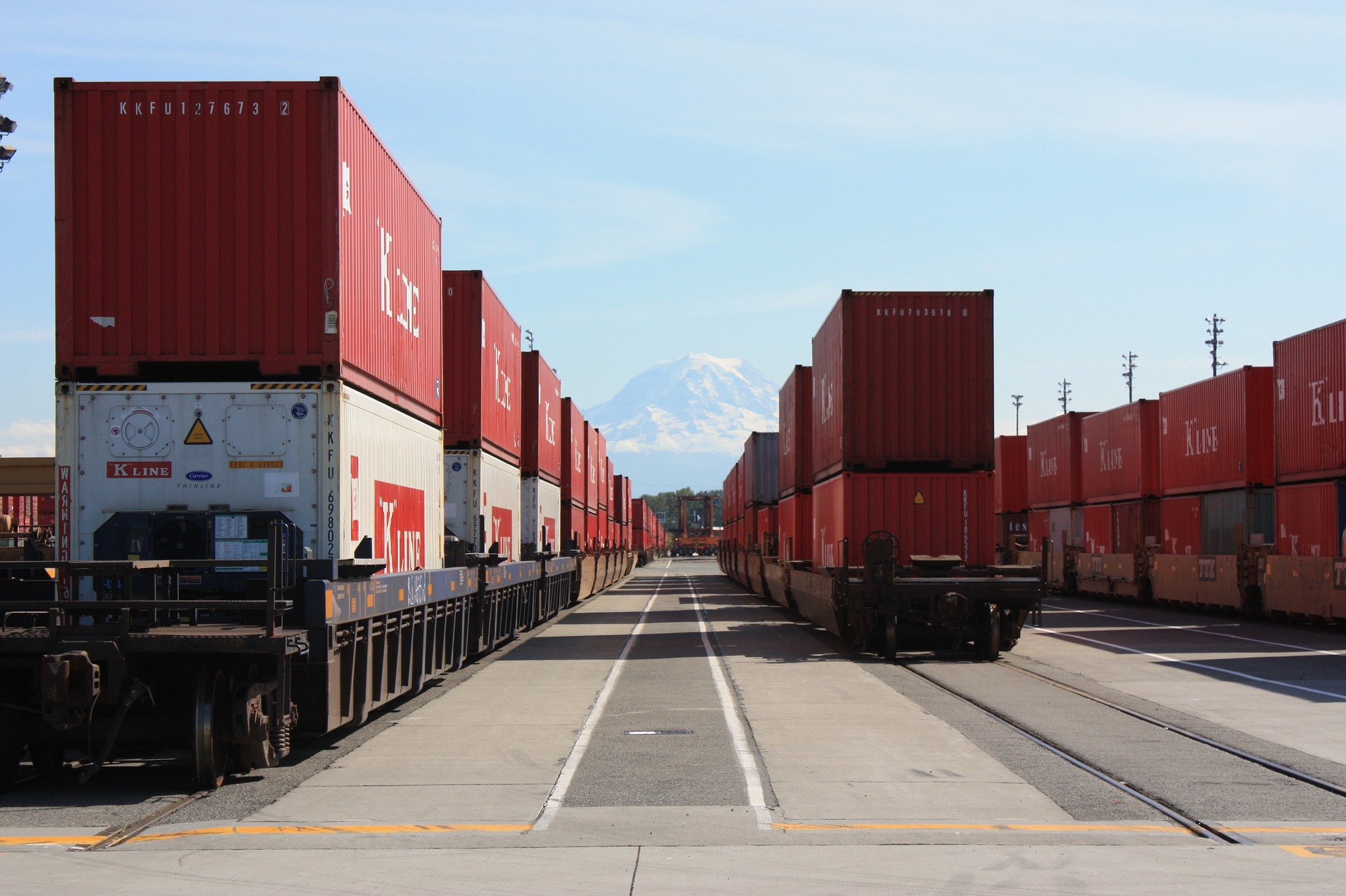
Empty container repositioning is one of the hidden costs driving up EXIM (export-import) logistics expenses. Discover how smarter container utilization can reduce costs and carbon footprint in global trade.
Read Article
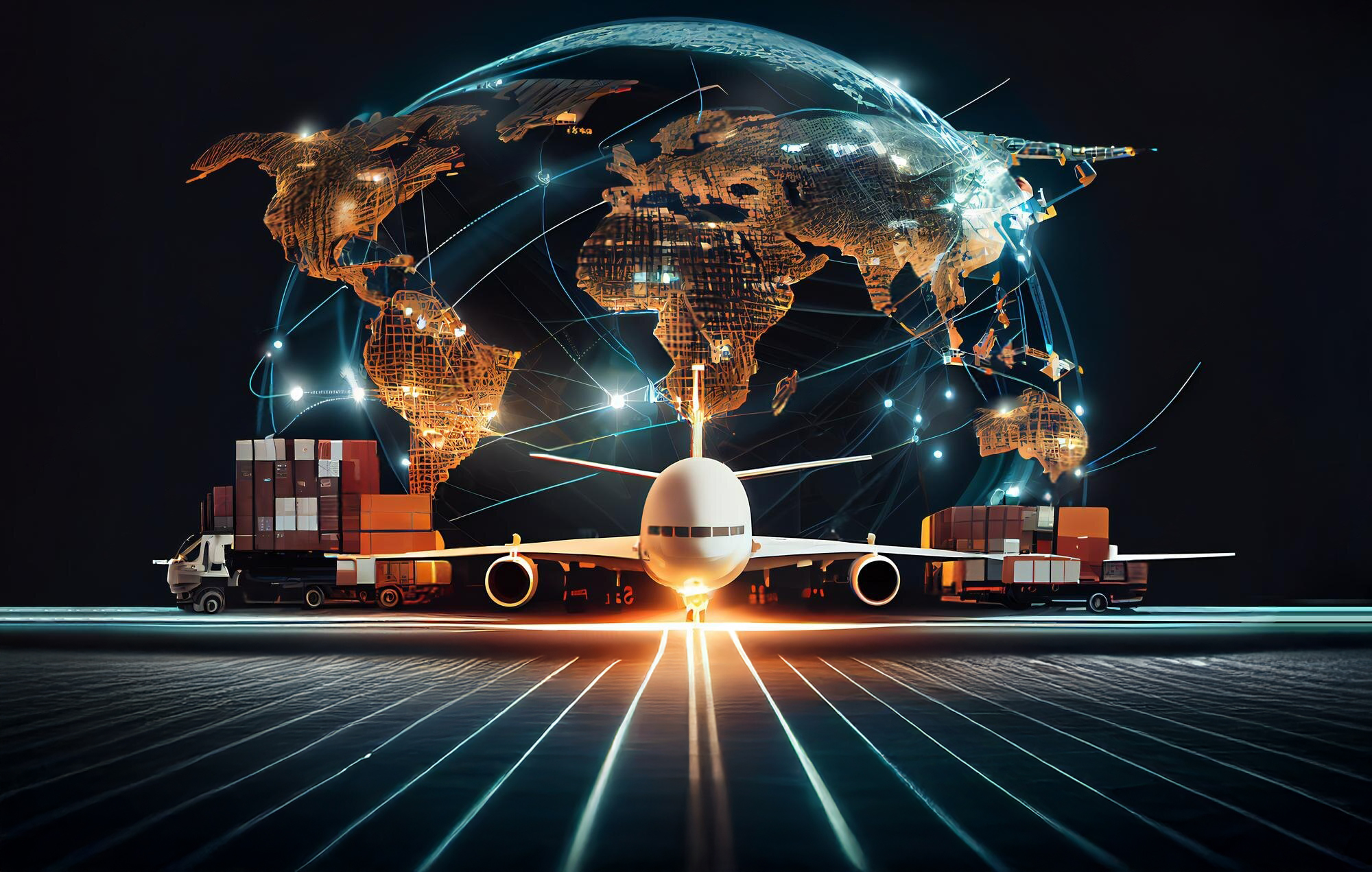
As global trade evolves, logistics is no longer just about moving goods—it's about moving smarter, faster, and greener. At the heart of this evolution is digital logistics, where technology meets supply chain strategy to create seamless data-driven operations. As we look ahead to 2025, the logistics landscape is being reshaped by innovation—and MatchLog is proud to be part of that transformation.
Read Article
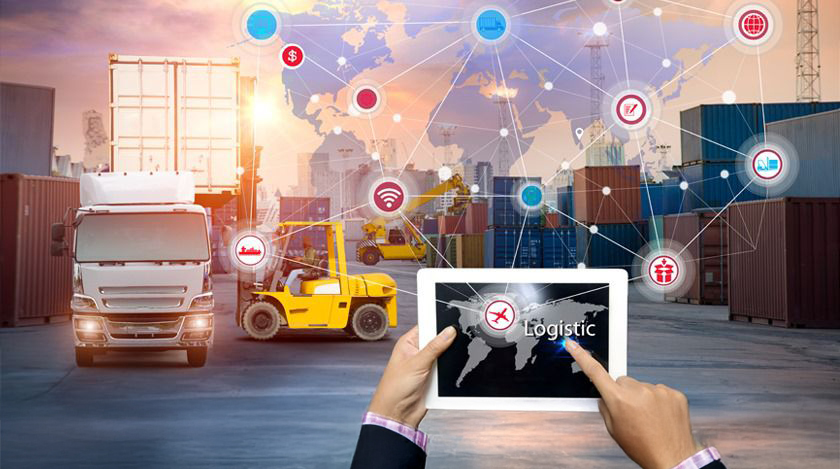
The logistics and supply chain management industry is rapidly evolving, with technology now at the core of operational excellence and business growth. From streamlining operations to enhancing customer experience, technology is playing a crucial role in driving success and growth.
Read Article

Sustainability in logistics refers to the efforts of logistics companies and other supply chain management stakeholders to reduce their environmental impact and operate in a more sustainable manner. As global trade and e-commerce surge, the logistics sector faces mounting pressure to balance operational efficiency with environmental responsibility. This blog introduces the concept of sustainable logistics, why it matters, and how MatchLog is leading the way.
Read Article
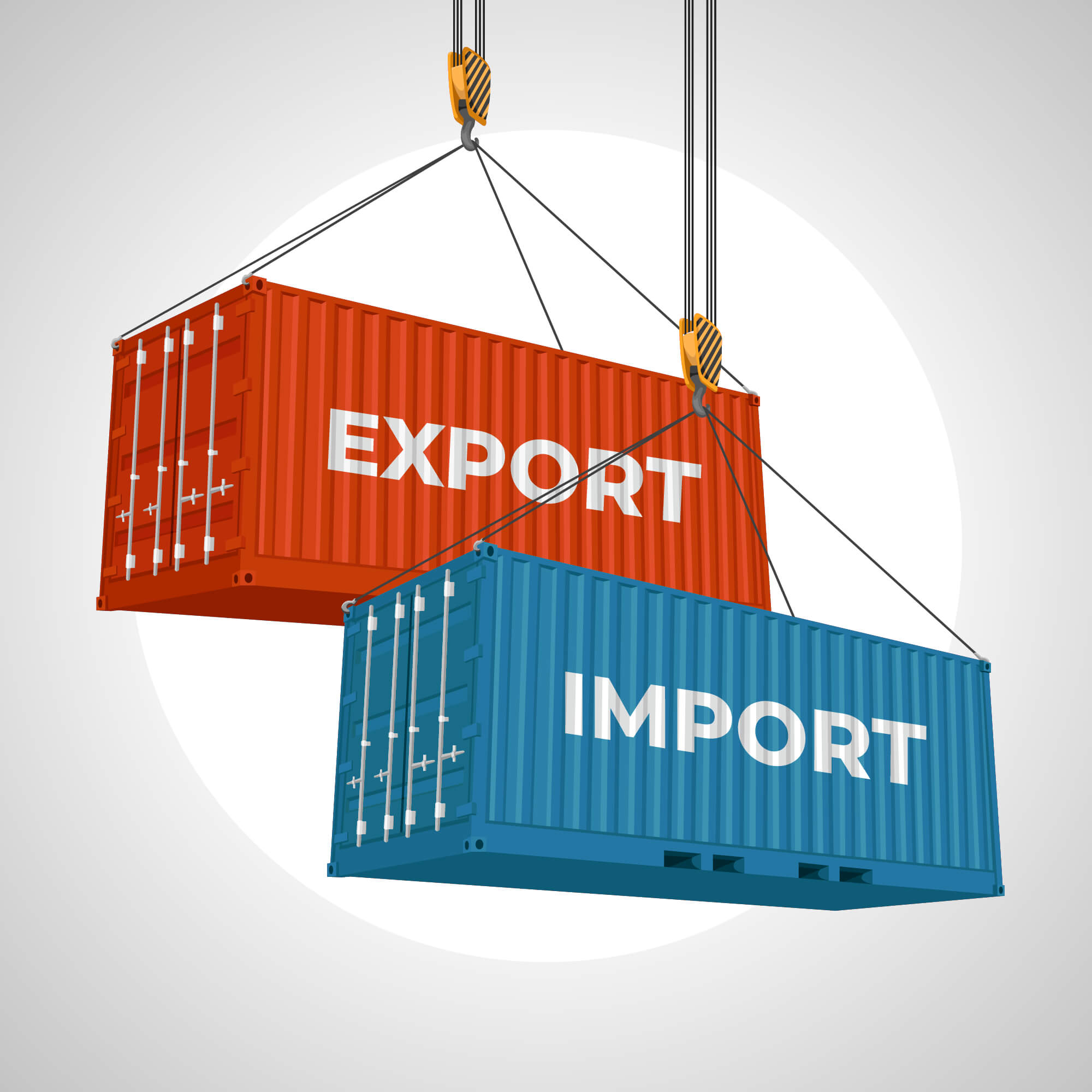
In the fast-paced world of logistics, efficiency, cost-effectiveness, and sustainability are critical. One often overlooked yet highly impactful practice is container ReUse or triangulation. Container ReUse in logistics refers to the practice of using import containers for export shipments without returning them empty to a depot or port. This helps reduce unnecessary repositioning, cuts costs, and lowers carbon emissions.
Read Article
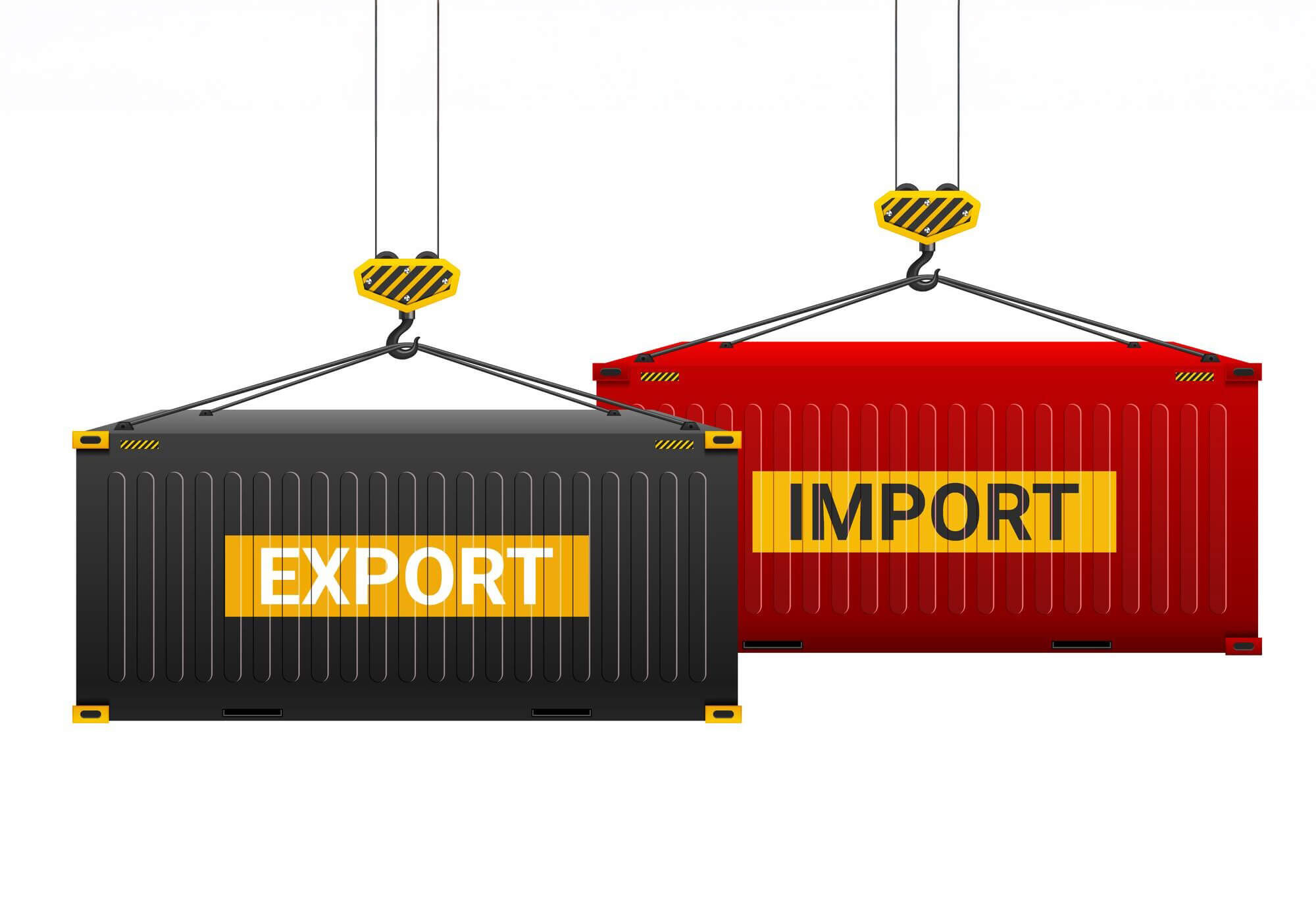
Container triangulation is an innovative logistics strategy that enhances efficiency while reducing environmental impact. This practice has gained significant traction in the industry due to its ability to optimize shipping container management and reduce costs.
Read Article
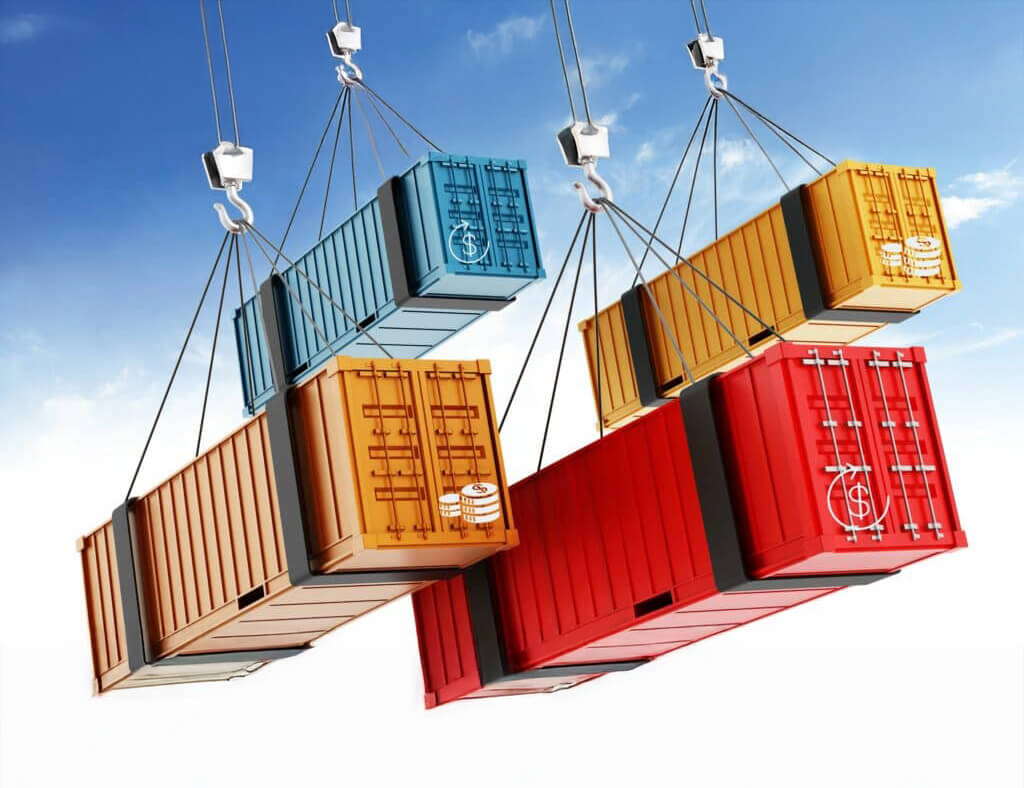
In this accelerating world, in the logistics industry, businesses are constantly seeking ways to cut costs, streamline operations, and improve efficiency. One of the most powerful yet often overlooked solutions is container triangulation—a strategy that eliminates unnecessary empty container repositioning and maximizes asset utilization. When done right, this approach can transform supply chain management, leading to significant cost savings, faster turnaround times, and a more sustainable operation.
Read Article
